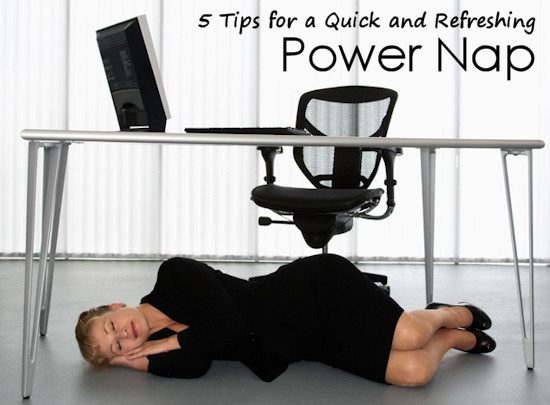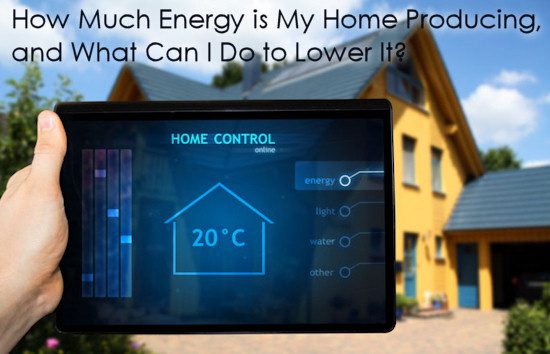Feeling Exhausted? Here’s What you Can do to Help Get Your Energy Back
What woman hasn’t felt exhausted? Sometimes it feels as if you’re trying to juggle everything during the day and you never feel rested enough. Exhaustion is a big deal and if you’ve ever been there, it can be hard to know how to get your energy back. You might assume that all you need is some sleep, but that’s not always the case. Here are some of the most common reasons for feeling tired and what you can do about them.

Get Your Thyroid Checked
If you feel exhausted and moody, that may be due to your thyroid gland. The thyroid is a small butterfly-shaped gland located at the base of your neck and produces hormones that regulate metabolism, and can impact your energy levels.
When thyroid levels are low, it slows down all bodily processes and can cause symptoms like constant exhaustion, weight gain, constipation, muscle aches, and more. If you’re experiencing any of these symptoms, it could mean that getting checked for hypothyroidism would help boost your energy levels back up.
Balance Your Hormones
The main hormones involved in energy levels are cortisol and insulin. Cortisol is a stress hormone that can be released when you’re feeling stressed, tired, or hungry. Insulin is a hormone produced by the pancreas that helps to move glucose from food into cells for energy production and storage.
When these chemicals are out of balance, it may feel like you’re running out of steam. Some practitioners will use food and supplements to help you rebalance your hormone levels so that you can be more energetic once again.
Focus on Better Sleep
Do you know how important sleep is? Everyone needs it, but it feels like we can’t get enough of it. Sleep is essential for your body to repair itself and recover from the day-to-day wear and tear of life. It’s also crucial for your brain function. When we don’t get enough sleep, we can be distracted and irritable, which can make work or family life difficult.
When trying to improve your quality of rest, there are many things you can do on your end such as setting up a routine bedtime routine with relaxing activities like reading or taking a bath. Blocking out lights is also important. By using blackout curtains, you don’t see street lights or the early sunshine.
Watch What You Eat
Since some foods can cause imbalances in energy and hormone levels, it’s important to eat a diet filled with mostly whole foods. Some people find that eliminating certain grains like wheat can help them improve energy levels as well. Additionally, protein, healthy fats, and fruits and vegetables all help to nourish your body and help you feel focused and rested throughout the day. New research is also showing the importance of gut health, so eating fermented foods and taking a quality probiotic can also be helpful.
No Coffee After 2 PM
A lot of people drink coffee to stay awake and give them energy, but it can actually disrupt your sleep cycle, which means you’ll be more tired in the morning. Coffee also affects your blood sugar levels, which in turn affects your energy level throughout the day. For example, if you have an unhealthy amount of caffeine in your system before bedtime and then don’t get enough sleep, you’ll be left tired and cranky the next day. You may even experience early morning headaches.
Caffeine can also lead to insomnia by disrupting brain waves during REM sleep. while some people may find that they don’t experience these effects from drinking coffee now and again, many of them may have trouble focusing in the afternoons and even experience only 6 hours of sleep instead of 7-9.
Limit Blue Screens
Blue light from screens suppresses melatonin, which is important for sleep. Blue light can also disrupt your vision, cause eye strain, and dry out your skin. Blue screens are on your computer, your smart devices, and your TV screens. If you’re struggling with sleep and exhaustion issues, you might consider turning off these screens at least an hour before bed. You don’t even want to check your phone when you are just about to go to sleep.
Get More Sunshine
Sun exposure is an important part of our overall health and wellbeing, but most people don’t get enough. It’s important to get outside in the sun for 1 or more hours a day. While 20 minutes of it can be sunscreen free, be mindful of wearing a hat or sitting in the shade to diffuse the direct sunshine. If you spend more time outdoors in the early morning or late afternoon when the sun is not as intense, you can improve your sleep at night. Sunshine during the day helps to regulate melatonin levels to ensure you rest more deeply at night.
Make Exercise a Priority
You don’t have to go to the gym. But staying active can go a long way toward improving your energy levels. It sounds counterintuitive but all the good hormones your body makes when you exercise help to make you feel more alert, more energized, and even sleep better at night. A long walk around the neighborhood after dinner or short walks on your breaks from work during the day can go a long way to helping you get back your energy. Try exercises that also focus on building muscle. It won’t bulk up women, but it can help you feel stronger and have a better metabolism than if you didn’t.
Conclusion
Getting back your energy means you need to recognize that there are things you’re doing that may be draining it. Eating well, getting sunshine, exercising, turning off blue screens, and creating a healthy sleep routine are all things you can do to help. If you’re still struggling and feel exhausted all the time, it might be time to check with your doctor about your hormone levels. There are even at-home test kits you can buy to mail in and see if everything is okay or not.



